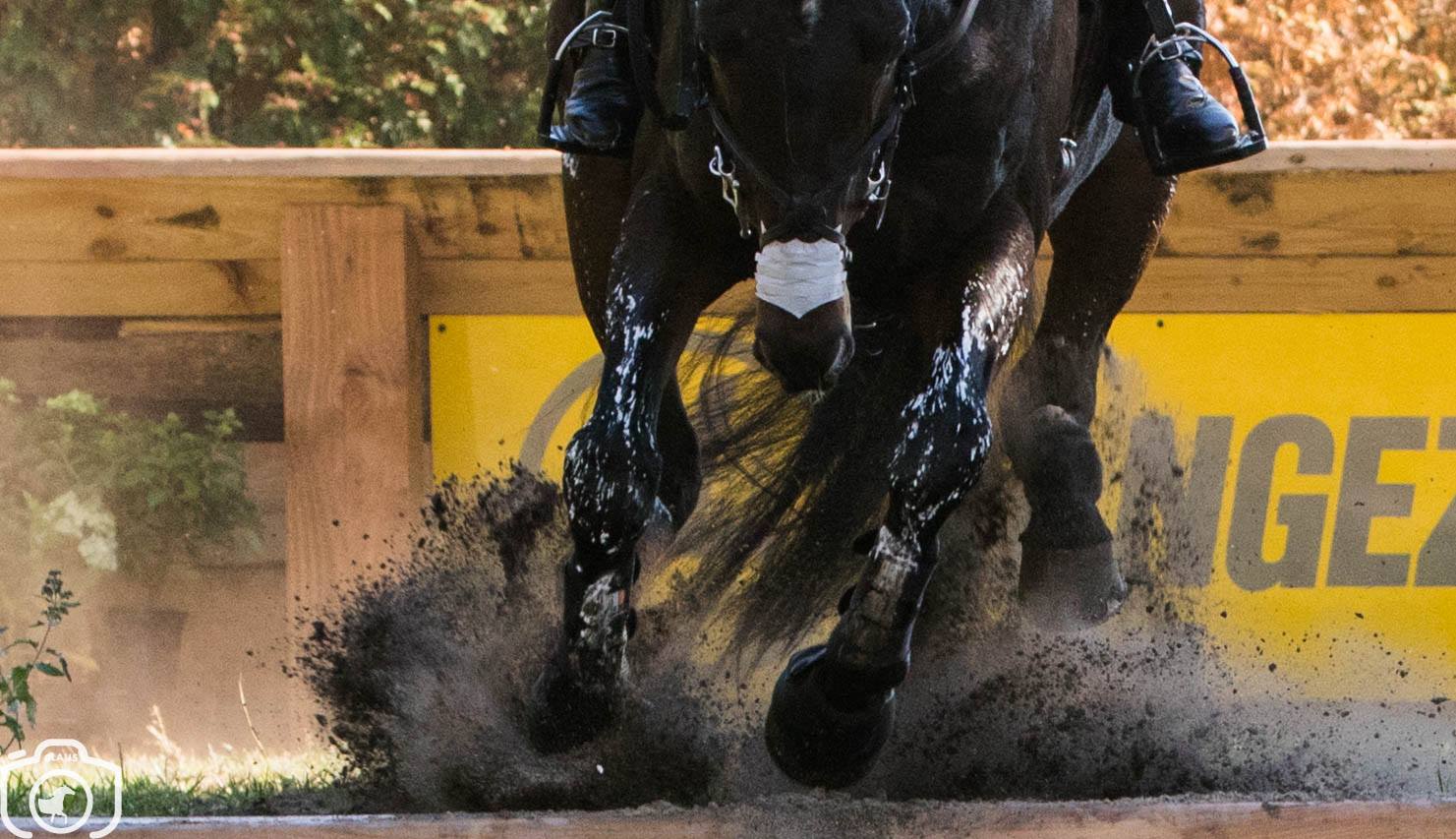The study was conducted on 208 horses. What was noticeable was that especially the horses with a thicker and a thinner bit than average suffered damage. Mares also appeared to be more susceptible. The researchers suspect that it is more common in mares because a mare's unwanted behavior is more often dismissed as a gender issue.
The study was conducted between 2018 and 2019. Tears and lacerations at the corners of the mouth, bruises and superficial wounds are the most common. However, four percent of the horses that participated in the study sustained severe damage. Riders could voluntarily have their horses participate in the study. As many as 95% of riders in competition did so.
Fewer wounds were found in ponies than in horses. The researchers suspect that this has to do with the fact that most ponies recover more easily from wounds than horses. Especially the horses with bits of a normal thickness suffered less damage.
The researchers want to encourage riders and competition organizers to regularly check the horse's mouth and to check this more strictly at competitions.
Source: Horse & Hound



